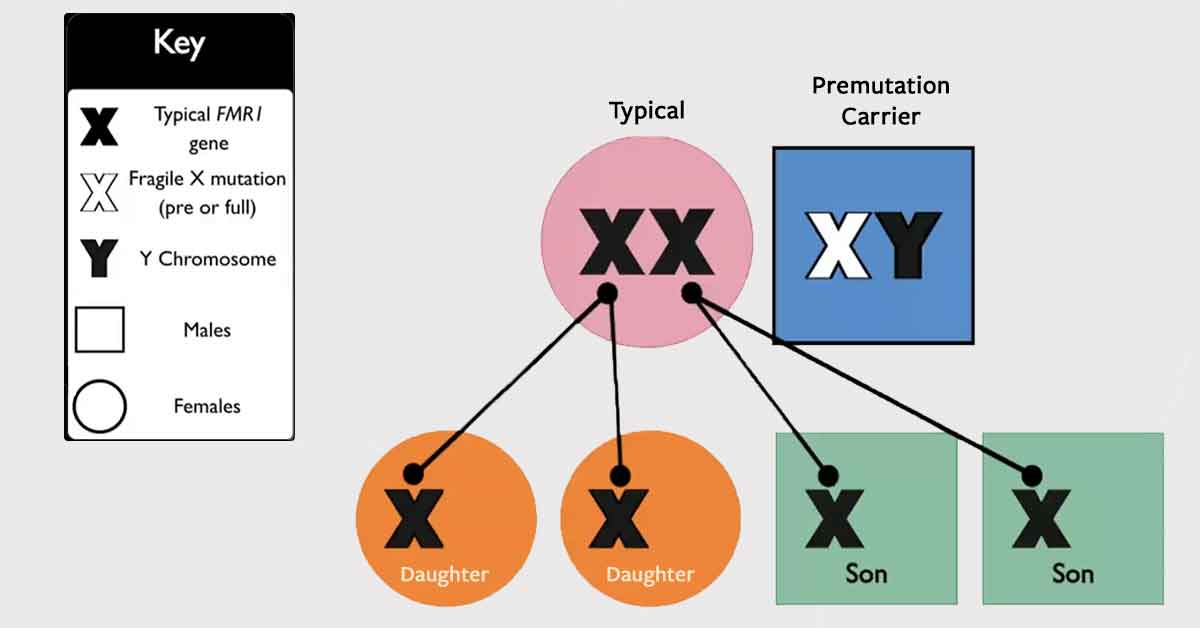Additional Resources
When discussing Fragile X syndrome and behavior, it is important to note that — like every person — the focus should be on the individual. Many behaviors are positive, and it is those behaviors you will see most often in addition to challenging behaviors. Behavior problems serve a purpose (or a function) and are often a form of communication. Addressing behavioral challenges in an individual with FXS should start with a comprehensive evaluation. A proactive approach with appropriate support and accommodations will likely foster positive outcomes and set up the individual with FXS to succeed in their home, school, or community.




